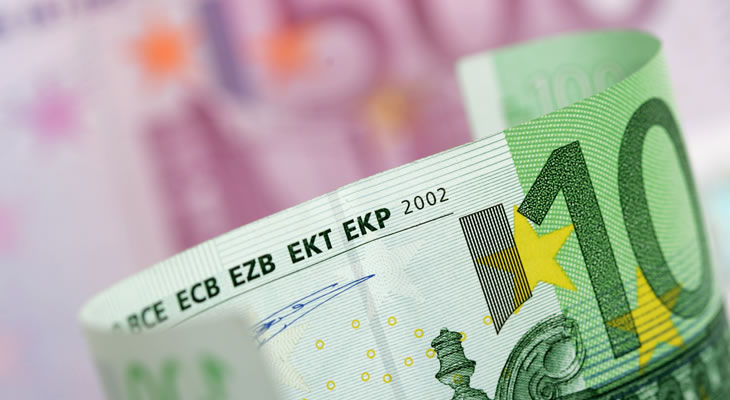Euro Pound Sterling (EUR/GBP) Exchange Rate Fails to Benefit from Weaker UK Manufacturing
A softening of the UK manufacturing PMI failed to boost the Euro to Pound Sterling (EUR/GBP) exchange rate on Wednesday as investors experienced fresh optimism over Brexit.
Reports of progress towards a potential Brexit compromise between the Labour and Conservative leaderships saw Pound Sterling (GBP) continuing to push higher across the board.
This overshadowed the underwhelming manufacturing PMI, even as the sector showed fresh signs of losing its previous momentum as export demand fell.
While stockpiling activity remained near its record highs this was not enough to shore up the PMI, suggesting that the UK economy got off to a weaker start in the second quarter.
Even so, this was not enough to give the EUR/GBP exchange rate any particular momentum in the absence of fresh Eurozone data.
Increased Bank of England Caution May Knock Pound Sterling (GBP) Off Bullish Trend
However, the mood towards the Pound could soon sour if the Bank of England (BoE) shows increased signs of caution at its latest policy meeting.
While no change in interest rates is anticipated at Thursday’s announcement investors remain wary of the prospect of policymakers shifting towards a more dovish outlook.
If the BoE expresses concern over the economic outlook, given the high degree of Brexit-based uncertainty that looks set to continue dragging on growth, this could drive the Pound sharply lower.
On the other hand, any indication that the central bank remains on course to raise interest rates once political turmoil eases may see GBP exchange rates pushing to fresh multi-week highs.
Friday’s UK services PMI could also give the Pound a leg up against its rivals if the sector bounces back from the shock contraction seen in March.
Another month of slowing growth within the UK’s main growth engine, however, would leave the Pound vulnerable to selling pressure.
Euro (EUR) Vulnerable to Fresh Signs of Slowing Eurozone Growth
Confidence in the Euro (EUR), meanwhile, may struggle to pick up if the finalised raft of Eurozone manufacturing and services PMIs confirm that momentum slowed in April.
As forecasts also point towards a contraction in German retail sales on the month, highlighting the weakening of domestic consumer sentiment, the single currency appears on course to shed further ground.
However, EUR exchange rates could find a solid rallying point ahead of the weekend in response to the latest Eurozone consumer price index data.
After the German inflation rate bettered forecasts to surge higher on Tuesday the odds of a positive surprise from the overall Eurozone figure improved.
If inflationary pressure moves closer to the European Central Bank’s (ECB) 2% target the risk of greater policymaker dovishness should diminish.
Even though interest rates are likely to remain on hold for the foreseeable future signs that inflation continues to build within the currency union could put the EUR/GBP exchange rate on a stronger footing.


Comments are closed.